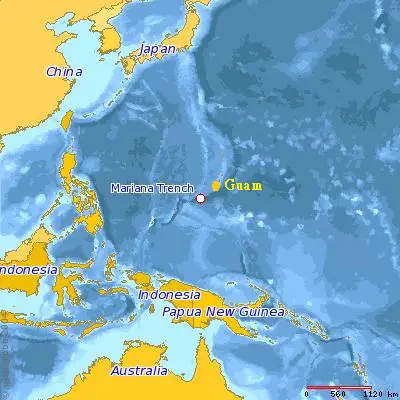Brittany Ferries has confirmed names for its next ships. The one-year charter vessel which is arriving in November 2019 will have the name, Kerry. As per the previous announcement, this ship will cover the Cork to Santander route from November 2019 to November 2020.
The company reveals that Santoña (which is pronounced Santonia in English) has been chosen for the company’s third E-Flexer class ship. Santoña which is to be charted from Stena, is part of the company’s €550 million fleet renewal program, having a clear focus on sustainable development. In 2023, Santoña will arrive and like its sister ship Salamanca, she will be powered with environmentally-friendly Liquefied Natural Gas (LNG).
Three new LNG vessels on the horizon:
Santoña will be the third LNG powered vessel joining the Brittany Ferries fleet. The fuel is more efficient when burns as compared to diesel, so it promises significant improvements in air quality as well as a reduction in greenhouse gas emissions.
No sulphur is produced during combustion, virtually no particulates and 95% less NOx (nitrogen dioxide) than diesel. According to findings of an independent, peer-reviewed report published in April this year, LNG is also up to 28% better in terms of greenhouse gas emissions.
“Brittany Ferries is committed to LNG as the most environmentally-friendly fuelling solution currently available for shipping,” said Frédéric Pouget, Brittany Ferries director of fleet and port operations. “Despite the significant investment made in scrubber technology for our ships, we know that the best way to respect the environments in which we operate, and to exceed emission reduction targets, is to commit to LNG. This is what we have done with an investment worth half a billion euros.”
Next year the company’s first LNG ship, Honfleur, will be operating. She is currently under construction in Germany and will serve the company’s busiest Portsmouth to Caen route. In 2022, Salamanca will arrive to carry passengers and freight on long haul routes between the UK and Spain. Santoña will join the fleet in 2023.
Cutting CO2 per passenger by 46%:
A significant reduction in carbon emissions per passenger compared with vessels currently operating between the UK and Spain is promised by the company’s fleet renewal program. This is because Cap Finistère and Baie de Seine, are less efficient vessels with much smaller passenger and freight capacities than the LNG e-Flexer class ships that will replace them
The company will also run four round trips from the UK to Spain each week, instead of five. This means a significant saving in fuel consumption and emissions, while still promising a 10% improvement in passenger capacity and 28% increase in freight space.
These savings, combined with improved efficiency thanks to better hull design and modern engines, and the use of LNG to power vessels, will realise an estimated saving of around 46% CO2 per passenger compared with current vessels on the company’s long-haul routes.
LNG refuelling:
Brittany Ferries has developed an innovative solution to re-fuel its first LNG vessel, Honfleur. In partnership with Total, industry-standard, containerised LNG will be trucked on board, then lifted into position by on-board cranes where they will replenish Honfleur’s fixed, on-board LNG storage tank. The process will be reversed when mobile tanks are empty.
Additional costs of Honfleur’s LNG systems and equipment have been partially offset by the support of the French Government “Program of Investments for the Future” (“Vehicle of the Future” sub-program) and operated by ADEME.
Brittany Ferries has signed a letter of intent with Spanish energy company Repsol for the delivery of LNG for Spanish operations. Under the agreement between the two companies, Repsol will install quayside LNG storage facility at ports in northern Spain. Later this month, confirmation is expected. Then this will be used to fuel both E-Flexer ships during their calls.
Among the largest in Brittany Ferries’ fleet the E-Flexer class ships is included. Each will be 215 metres long with 3,000 garage lane metres for freight vehicles, with capacity of around 1,000 passengers.
Reference: brittanyferriesnewsroom.com
from WordPress https://www.maritimemanual.com/brittany-ferries-confirms-names-of-upcoming-lng-fuelled-ships/

No comments:
Post a Comment